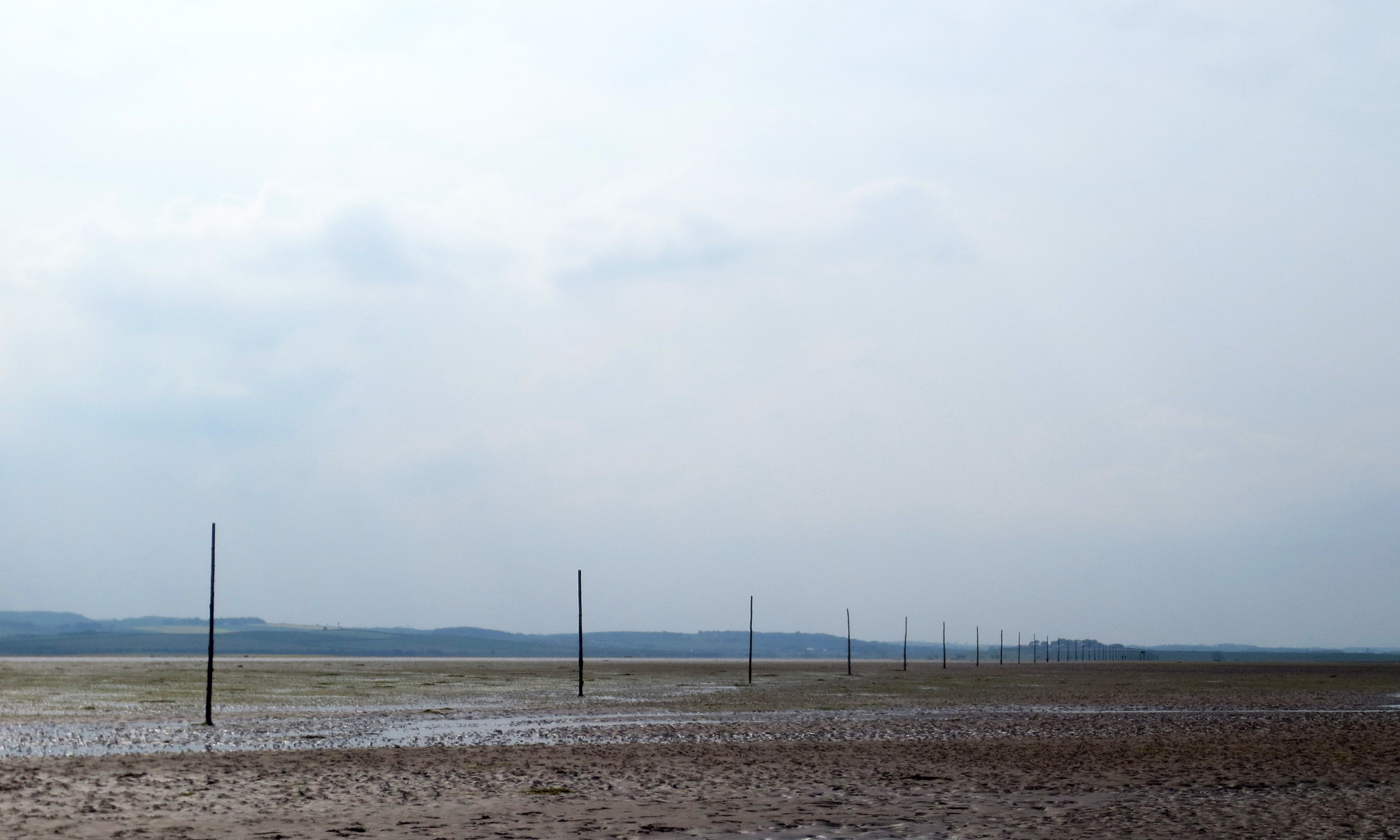I realise I ought to know better, but I really am not sure what a sacrament is. A look at the Wikipedia page didn’t really help me. It’s something like a material way through which we can know the holy amazingness of God. But that can’t be it, because if that were it, then every word of grace, every deed of love would be a sacrament, and perhaps for some, a sacrament more powerful than a costume drama at the front of church.
Next Sunday’s Lectionary passage includes the story from the Road to Emmaus. If anything is a sacrament, what we read about in this story is. Two disciples invite a stranger on the road to come in for a meal – and in that meal they discover the Lord Jesus. The thing about this communion-meal is its randomness. It is not planned. It is not part of institutional life. It just happens. If anything, it is part of daily life. It has more in common with Jesus’ injunction in 1 Corinthians 11:25, “In the same way he took the cup also, after supper, saying, ‘This cup is the new covenant in my blood. Do this, as often as you drink it, in remembrance of me.’” than a pre-planned ritual has. The cynical side of me wonders if the way the eucharist has developed (in all those denominations which use it) is related to cementing the power of the institution. Remember the lingering fear of the word, “excommunication”.
And yet… And yet, what churches do to remember the Last Supper is still powerful and deeply meaningful for millions of people, including me. From those little individual cups of non-alcoholic red stuff, to the precious chalice in the hands of someone with elaborate robes, and so on – all these things are reminders, and more, of the Son of God’s last meal with his mates, of his execution, of his risen life among the community.
Maybe if I’d paid more attention to what I was taught in college, I’d’ve been able to tie this stuff down – but I suspect that in the end, it can’t be tied down.
Another day of experimentation today. Although my droplets are almost certainly benign, I still feel I ought to protect other people from them, just in case. So I wrapped a woolly scarf around my face. This was not as good as the tea towel: it was hard to keep it in place, and when I got home I had to pick fluff out of my beard for a while. Also I didn’t want the extra complication of specs, so I left them at home – which is probably not a good idea.


